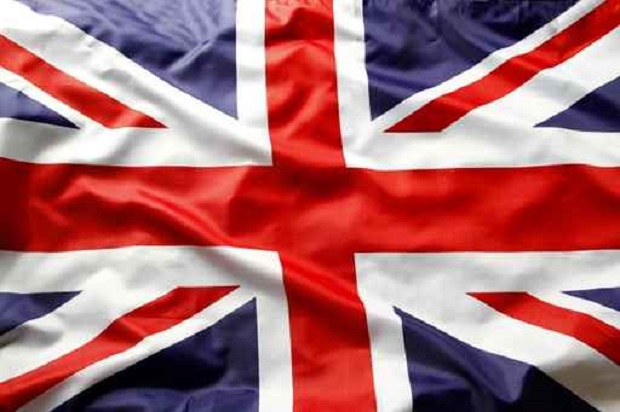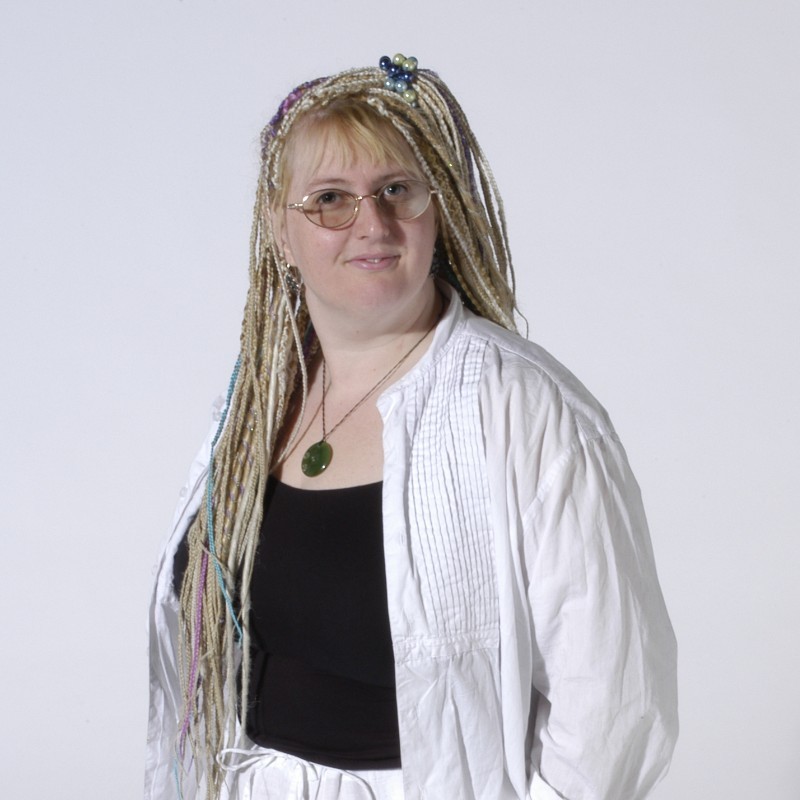Top ten best British tech inventions
From the computer to the World Wide Web, the iPod to the typewriter, a lot of modern technology started out in the UK


Thanks to the industrial revolution, the Second World War and the BBC, British inventions are behind more of modern life than you might realise.
Combine the resources of the Empire with the demands of automation and you get inventions that changed the world, from Jethro Tull's 1701 seed drill to the spinning machines of the 1760s to Bessemer's process for making better, cheaper steel.
Add in refugees fleeing Nazi Germany, who brought the UK everything from developments in cryptography to what became holograms, plus some inventive UK companies whose technology sells better than their own products, and a surprisingly amount of tech ought be mark invented in Britain'.
1) The computer
In the 1820s, Charles Babbage was trying to make complex calculations easier by designing a calculating machine to replace the frequently inaccurate printed mathematical tables used by engineers. His Difference Engine was planned as a calculating machine that could add a sequence of numbers, but the Analytical Engine he designed in 1834 had all the principles of a computer; a separate processor and working memory, programming concepts like loops and parallel programming and even a printer.
Victorian manufacturing techniques weren't up to building Babbage's computer, and post-war Britain didn't have the facilities to build Alan Turing's planned Automatic Computing Engine in 1945 either. Incidentally, that was the same year as John von Neumannn's famous report on the potential of computers (based on the 1941 Atanasoff-Berry Computer, the first to use binary).
Confusingly, von Neumann said the concept of the computer came from Turing's 1936 paper, with its discussion of a universal machine that could calculate anything that could be expressed as an algorithm. And in 1943, Tommy Flowers designed and built a system at Bletchely Park to crack a German cipher; Colossus was the first electronic, digital computer but it was an official secret and at the end of the war it was taken to pieces.
2) The computer program
Babbage borrowed the idea of using pattern cards to control his calculating machines from Jacquard weaving looms, but it was Countess Ada Lovelace (who called herself an Analyst and Metaphysician) who published the first program. She translated an 1842 French essay written about Babbage's work, adding her own explanation of how the Analytic Engine work - including a program for calculating a sequence of Bernoulli numbers. She also proposed the Engine could be used to calculate more than numbers, if you could express them as abstractions, for example, for composing music.
3) Telephone and telegraph
Born in Scotland, Alexander Graham Bell moved to Canada for his health and worked on building his "harmonic telegraph" while teaching deaf students (including Helen Keller). Many people were working on the idea of a telephone using electromagnetic fields to send the vibrations of speech as electrical signals, which were picked up and reproduced by thin membranes, but he got the first patent in 1876.
While at Somerset College in Bath, Bell ran a telegraph wire from his room to a friend's; the electric telegraph was invented by Charles Wheatstone (who also invented the concertina and the Playfair cipher) and William Cooke in 1837, first installed it between two London stations that year but didn't become popular until it helped catch murderer John Tawell in London in 1845. The idea of instantaneous communication took off and telegraphs were installed in offices and clubs, with the first transatlantic cable coming ashore in Cornwall, which was used to send everything from stock prices to the results of horse races.
Get the ITPro daily newsletter
Sign up today and you will receive a free copy of our Future Focus 2025 report - the leading guidance on AI, cybersecurity and other IT challenges as per 700+ senior executives
Mary is a freelance business technology journalist who has written for the likes of ITPro, CIO, ZDNet, TechRepublic, The New Stack, The Register, and many other online titles, as well as national publications like the Guardian and Financial Times. She has also held editor positions at AOL’s online technology channel, PC Plus, IT Expert, and Program Now. In her career spanning more than three decades, the Oxford University-educated journalist has seen and covered the development of the technology industry through many of its most significant stages.
Mary has experience in almost all areas of technology but specialises in all things Microsoft and has written two books on Windows 8. She also has extensive expertise in consumer hardware and cloud services - mobile phones to mainframes. Aside from reporting on the latest technology news and trends, and developing whitepapers for a range of industry clients, Mary also writes short technology mysteries and publishes them through Amazon.
-
 Bigger salaries, more burnout: Is the CISO role in crisis?
Bigger salaries, more burnout: Is the CISO role in crisis?In-depth CISOs are more stressed than ever before – but why is this and what can be done?
By Kate O'Flaherty Published
-
 Cheap cyber crime kits can be bought on the dark web for less than $25
Cheap cyber crime kits can be bought on the dark web for less than $25News Research from NordVPN shows phishing kits are now widely available on the dark web and via messaging apps like Telegram, and are often selling for less than $25.
By Emma Woollacott Published